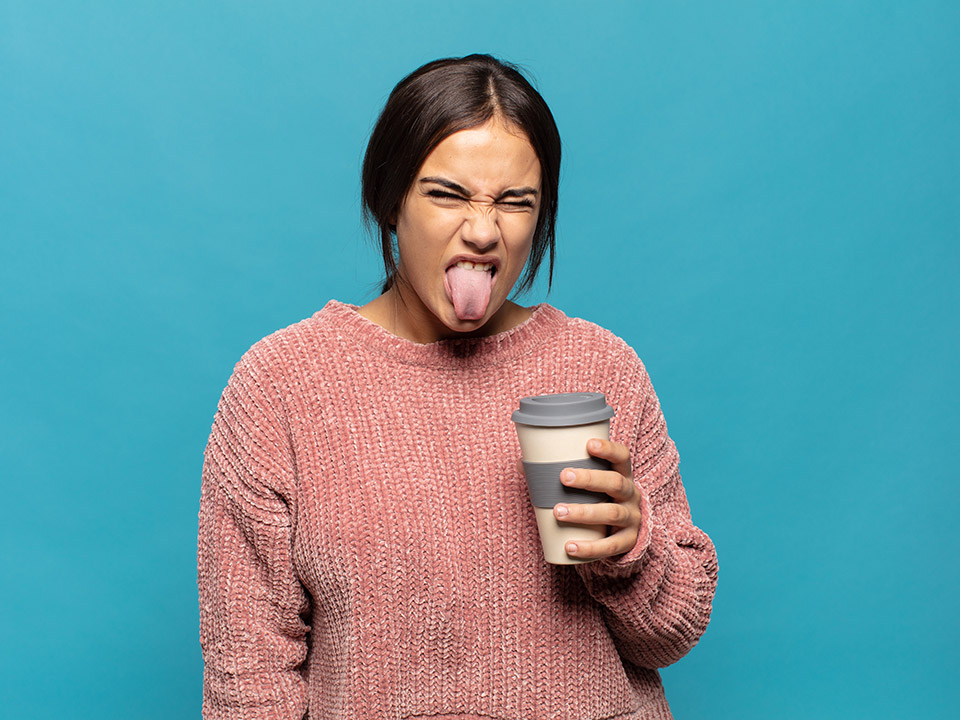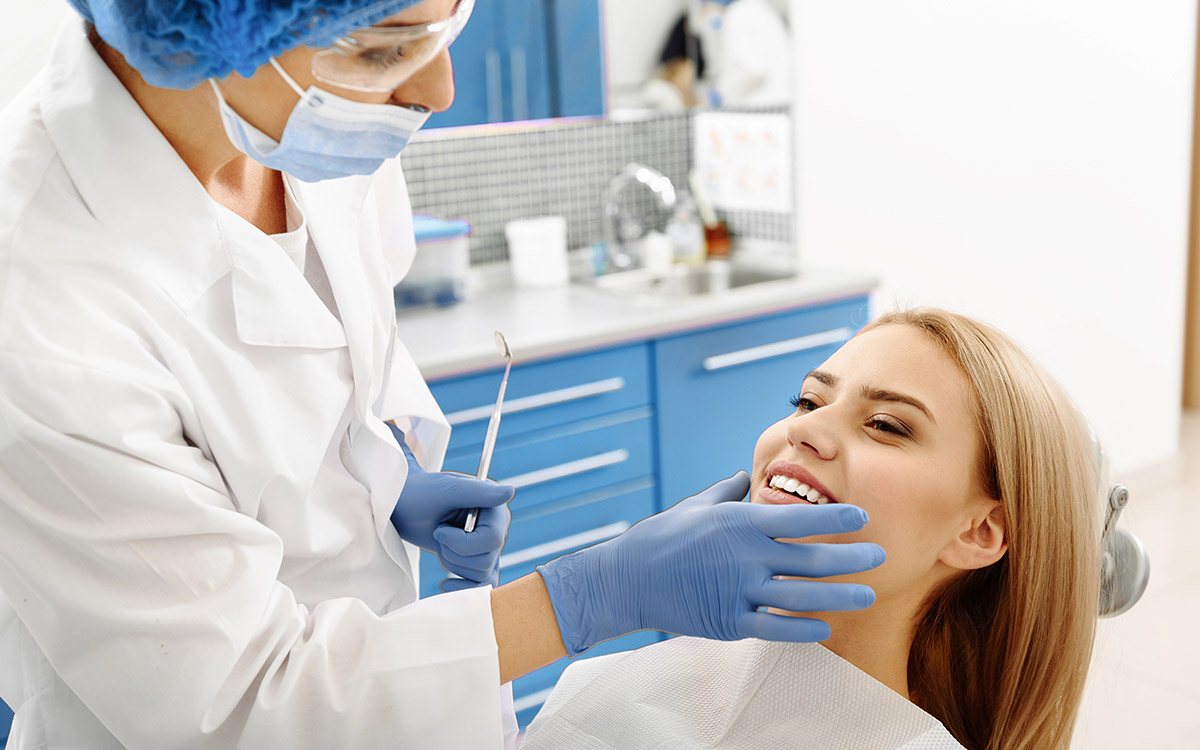The tongue is one of the organs people ignore. Yet it does so many important things such as tasting and eating food. It is also useful when forming words in speech. With these many functions, tongue health should be a priority.
A healthy tongue is pink, moist, and has a thin white coating on the surface. The blood vessels on the tongue should be red, painless, and normally seized. Healthy tongue texture varies from person to person.
If you have anything else other than this, then your tongue could be infected or injured. Biting or burning your tongue is not the only way it can get hurt. Many diseases and conditions can affect this organ.
The list below outlines some of the tongue diseases you can develop. It will also cover the symptoms, causes, and treatment options for the conditions. Therefore, keep scrolling to gain helpful information.
Types Of Tongue Diseases
1. Thrush
This fungal infection develops when Candida albicans accumulates in the mouth. It is also known as oral candidiasis or oropharyngeal candidiasis. This condition is quite common in babies with immunodeficiency. Additionally, it is common among people who use steroid sprays often for asthma.
There are multiple classifications of oral thrush, but the most common are:
- Pseudomembranous candidiasis. It is the most common where patients develop a white cottage-cheese like film on the tongue. It is often associated with the use of inhalers.
- Acute atrophic candidiasis. It is less common and also called ‘antibiotic sore mouth.’ Patients will experience a burning sensation in the mouth and on the tongue. It is associated with prolonged use of antibiotics. Patients develop redness and pain. It is harder to diagnose because of its generic symptoms.
Doctors treat thrush with antifungal medication to kill the fungi and prevent growth. You may also get a topical antiseptic to prevent the development of microorganisms that cause infections. You can also improve your oral hygiene techniques to prevent the overgrowth of fungi.
2. Oral Cancer
Cancer can affect the tongue, and it’s what is known as tongue cancer. Tongue cancer starts inside the cells of the tongue. This causes growth and lesions on the tongue.
Tobacco use of any kind causes oral cancer. Heavy alcohol usage, excessive sun exposure, and the HPV virus can cause oral cancer. There are two categories of tongue cancer.
- Oral cancer. This is when the lesions and tumors develop on the front part of the tongue.
- Oropharyngeal cancer. This is when the lesions develop at the bottom of your tongue. It can also involve the soft palate, side and back walls of the throat.
The first symptom you will notice is a change in your voice. This is followed by difficulty chewing and swallowing. You may develop red and white patches on the tongue, gums, mouth lining, and tonsils. Next, you will develop a lump on the cheek which comes with pain that does not go away. This pain can also spread to the jaw and teeth.
Dentists can often detect early signs of oral cancer, which is why keeping up with dental appointments is important. Doctors can remove the small isolated tumors surgically after early detection.
If it has spread to the lymph nodes, you will receive follow-up radiotherapy to kill cancerous cells. Chemotherapy is another treatment option. To avoid oral cancer, you should practice good oral care.
3. Black Hairy Tongue
This is a temporary and harmless condition where your tongue appears dark and furry. This hairy black look results from dead cell buildup on the tongue’s papillae. The papillae are tiny projections on the surface of the tongue. They are easily stained by bacteria, food particles, tobacco, and other substances.
Possible causes of black hairy tongue include excessive tobacco and alcohol use, eating a soft diet, dry mouth, poor oral hygiene, and regular use of mouthwash with oxidizing agents.
Black hairy tongue is often painless and harmless. However, it looks alarming and is primarily a cosmetic issue since you cannot laugh or speak without feeling insecure.
The symptoms of black hairy tongue start with discoloration on the tongue that may be brown, tan, green, white, yellow, or black.
Your tongue will also have a furry appearance. This brings an altered or metallic taste to the mouth and bad breath. And finally, with the overgrowth of bacteria, you will get a gagging or tickling sensation.
Black hair tongue does not need medical attention. You can handle the unattractive condition at home by practicing good oral hygiene. Ensure that you clean your tongue well and use a tongue scraper. Additionally, it would be best if you avoid alcohol, tobacco, and other irritants that could cause the condition.
4. Glossitis
Glossitis is the inflammation of the tongue that can also cause changes in tongue texture, size, appearance, and color. This condition can also cause the papillae to disappear.
Glossitis can develop due to allergic reactions to medications, food, and other irritants. Certain diseases that weaken the immune system can also cause glossitis and nutritional deficiencies. If you sustain trauma to the mouth, it can also cause glossitis. Infections also bring symptoms of glossitis.
There are multiple types of glossitis.
- Acute glossitis. This inflammation of the tongue appears due to an allergic reaction.
- Chronic glossitis. This tongue inflammation recurs and is often a symptom of another disease.
- Atrophic of hunter’s glossitis. It occurs when you lose many papillae, giving the tongue a glossy appearance.
Symptoms of glossitis start with pain and redness in the tongue: the tongue swells and changes in color. You will develop a burning or itching sensation and have trouble speaking. You will also have difficulty eating and swallowing.
Doctors treat glossitis with antibiotics, antiviral, or antifungal drugs, depending on your infection. If you have a nutritional deficiency, you will also receive dietary supplements.
A general doctor can also treat underlying conditions to ease symptoms of the disease. Finally, you will also get topical corticosteroids to reduce soreness and redness.
You can also practice good oral hygiene to relieve some of the symptoms. It will also prevent the disease from recurring.







